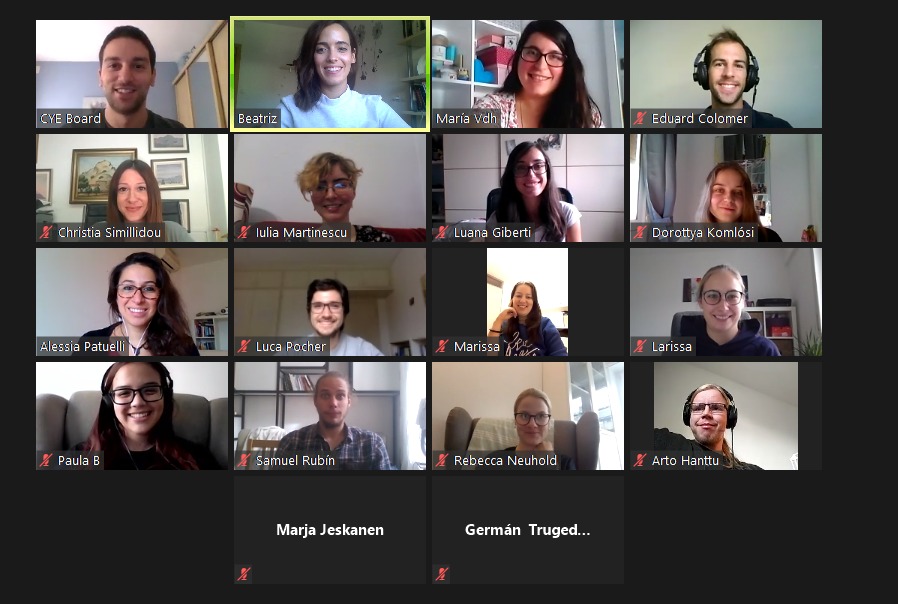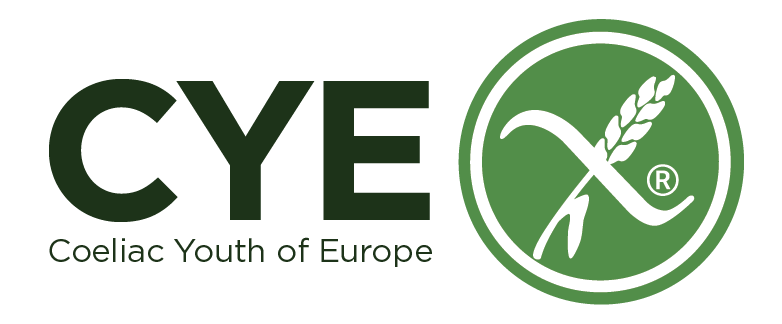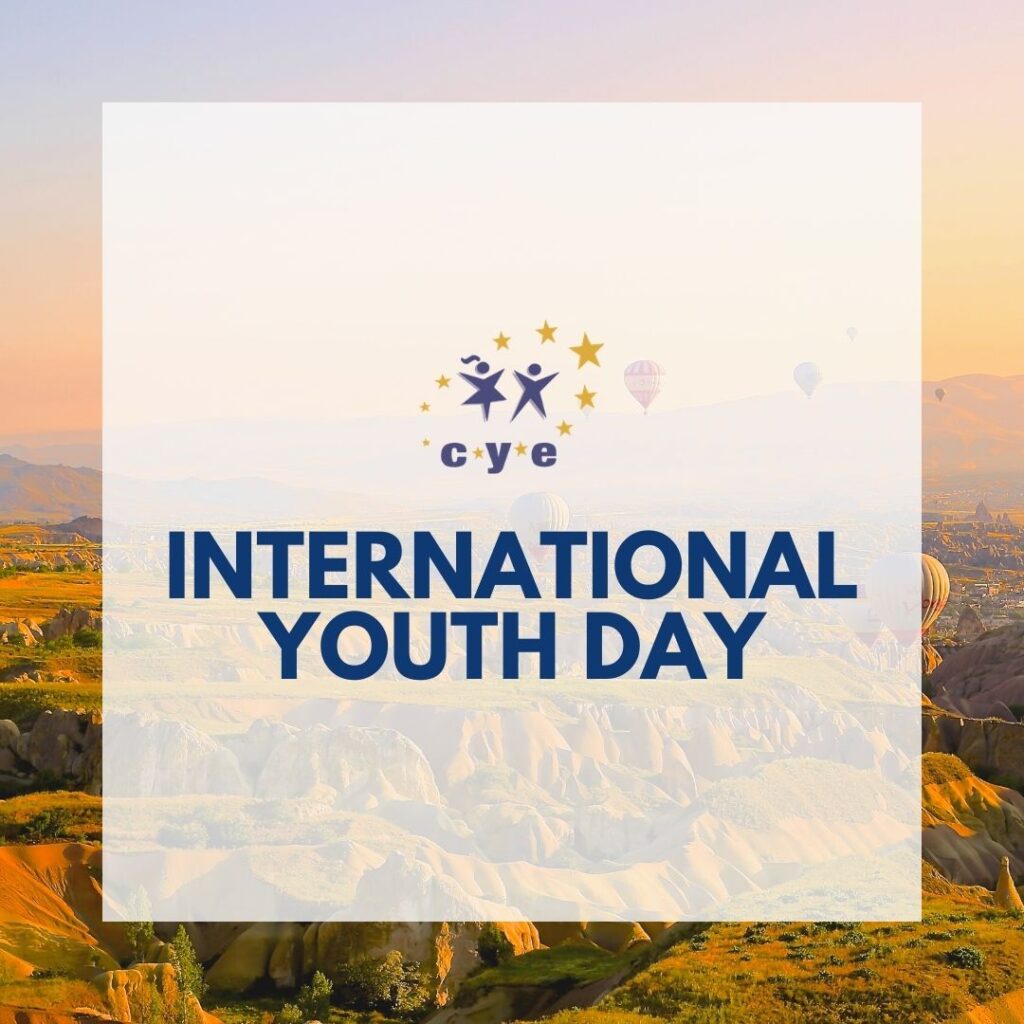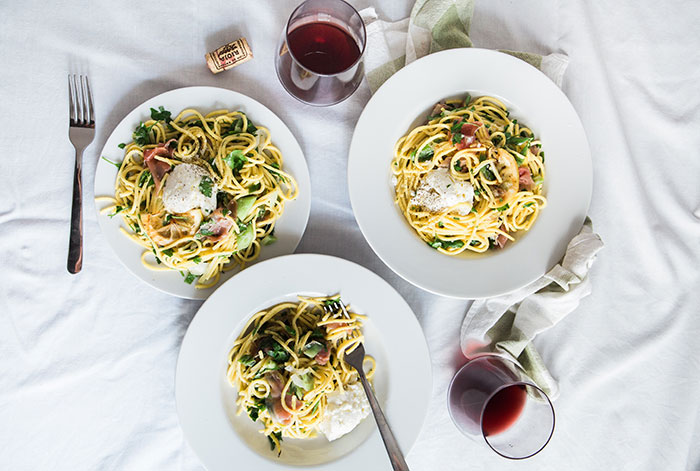
The annual CYE Conference 2020 occurred on the 2nd and 3rd of October. It was supposed to take in place in Portugal but, due to the pandemic we’re facing, it was held online. This way, a number of youth delegates joined the Friday and Saturday sessions, from countries such as Czech Republic, Finland, Germany, Hungary, Italy, Malta, the Netherlands, Portugal, Romania, Spain and Switzerland.
The Friday session was open to Youth Participants and CYE Delegates. Firstly, there was an introduction to CYE given by James Grima, General Coordinator. Then, the status on Summer Camps and other projects such as Travel Net, Social Media and Beat the Wheat were discussed: sadly, due to the pandemic, this current year has been a difficult year for some of CYE’s projects. After that, there was a dialogue regarding the working groups, whose aim is to provide a better structure within CYE and hopefully it helps CYE Delegates to be able to focus on one contribution. Finally, to end the day, the future of CYE was discussed and there were Summer Camp updates: the Summer Camp in Italy will be held in 2021 and Portugal in 2022.
The Saturday session was split into two parts: The first part for all Youth Participants and Delegates and the second part was only for CYE Delegates.
In the first part, the topic of CYE and past years were addressed. Despite COVID-19 had an impact on CYE’s work, it had a number of positives such as new CYE Delegates representing Portugal and Romania and improved communication between CYE and AOECS. Later on, two former CYE Delegates, Alessia Patuelli (Italy) and Christia Simillidou (Cyprus), joined us to share their experiences during their time with CYE whilst Allie Scheiber from the US, who has been to a number of CYE Summer Camps, joined us to give us her perspective on CYE. Also, two EPF Youth Group members joined us, Jana Popova and Anastasia Sofia Semaan, to give us an introduction to The EPF Youth Group. This session ended with a fun CYE quiz.
The second session started with the presentation on AOECS projects’ from Katre Trofimov, an AOECS Board member. Then, the CYE Board presented a number of documents and guidelines they created with the aim to help future CYE Board members and CYE Delegates.
Last but not least, the two-year term of the current CYE Board ended. James Grima (Malta) and Beatriz Garre Picazos (Spain) were not able to contest for the new CYE Board due to its age restrictions. Therefore, Marissa Siemons (the Netherlands) and Patrícia Lima (Portugal) took the roles of General Coordinator and Project Manager respectively.
See you in the next conference!







